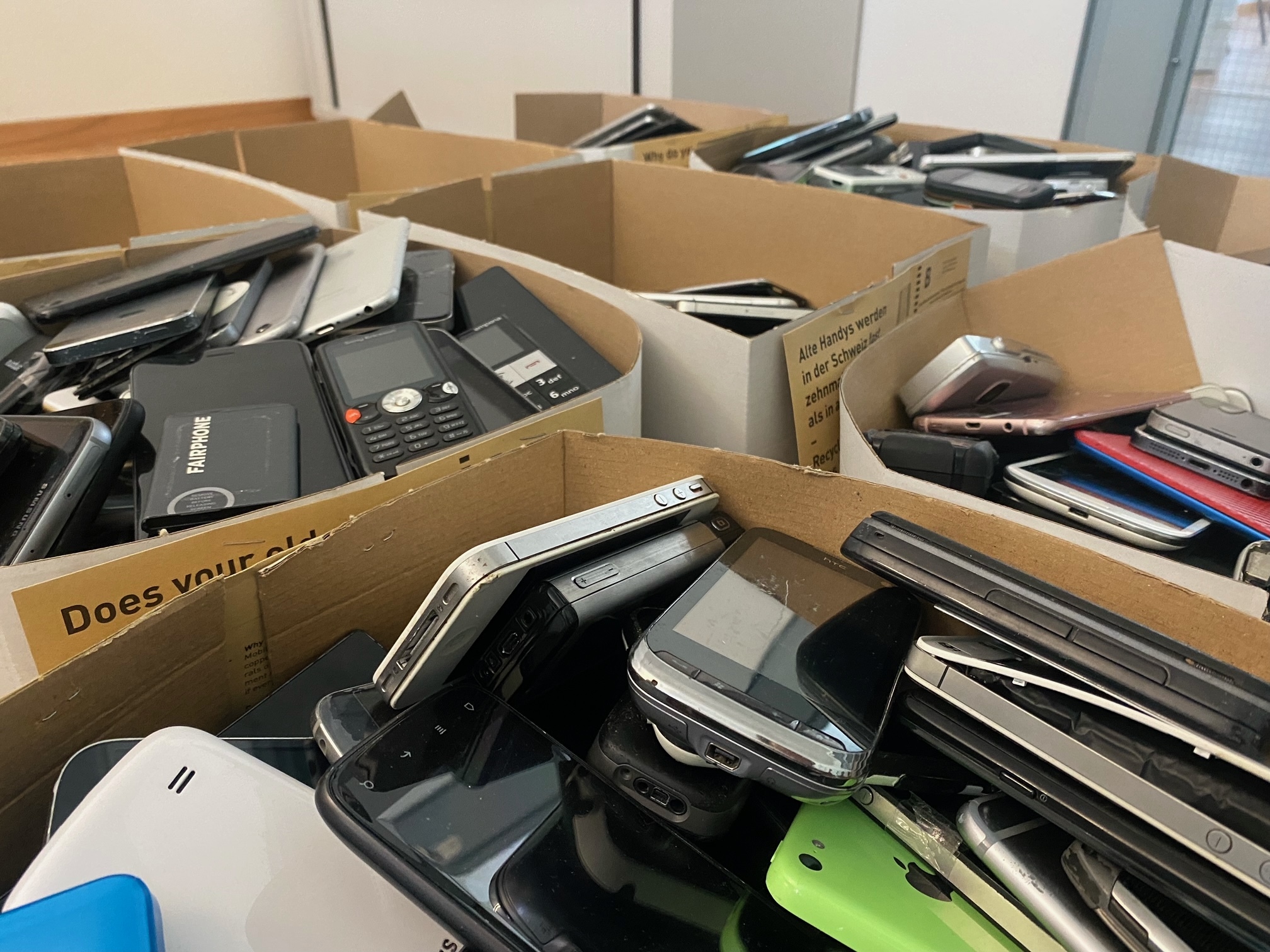Give nature a hand, do not replace your mobile phone
In the ETH DEC Urban Mining experiment, almost 1000 old mobile phones were collected for recycling. Mobile phones are one of the most frequently replaced, but rarely recycled, personal electronic devices.

In 2007, Apple changed the world with the first smartphone. As of today, two new iPhone's are in store, none of them revolutionary. What will be the next break-through in phones? Creating the last phone you will ever need: that can be easily and cheaply repaired, can support endless software updates and is truly kinder to our planet. While the new iPhone made significant progress to ensure responsible use of metals, their focus is still on replacement and not longevity.
The ETH Development Economics Group Urban Mining experiment found that many people in Switzerland replace fully functional phones. And once replaced, most phones are soon forgotten in a drawer or the basement. Although this might seem harmless, it withholds minerals from re-entering supply chains, which constitute a significant lost resource: In Switzerland alone, an estimated 133 tons of copper, 93 tons of aluminum, 1.7 tons of silver and 270kg of gold are held back in old mobile phones. Furthermore, to make one new phone, more than one tonne of soil needs to be extracted from the earth, processed and shipped around the globe.
Hence, always repair, rather than replace, and keep your phone for as long as possible.
And do not forget to recycle it when you are done. In honour of yet another iPhone, the Development Economics Group is recycling almost 1000 phones with external page Immark recycling from the Urban Mining experiment. Immark ensures data protection and responsible recycling practices.
Urban Mining experiment by the ETH Development Economics Group